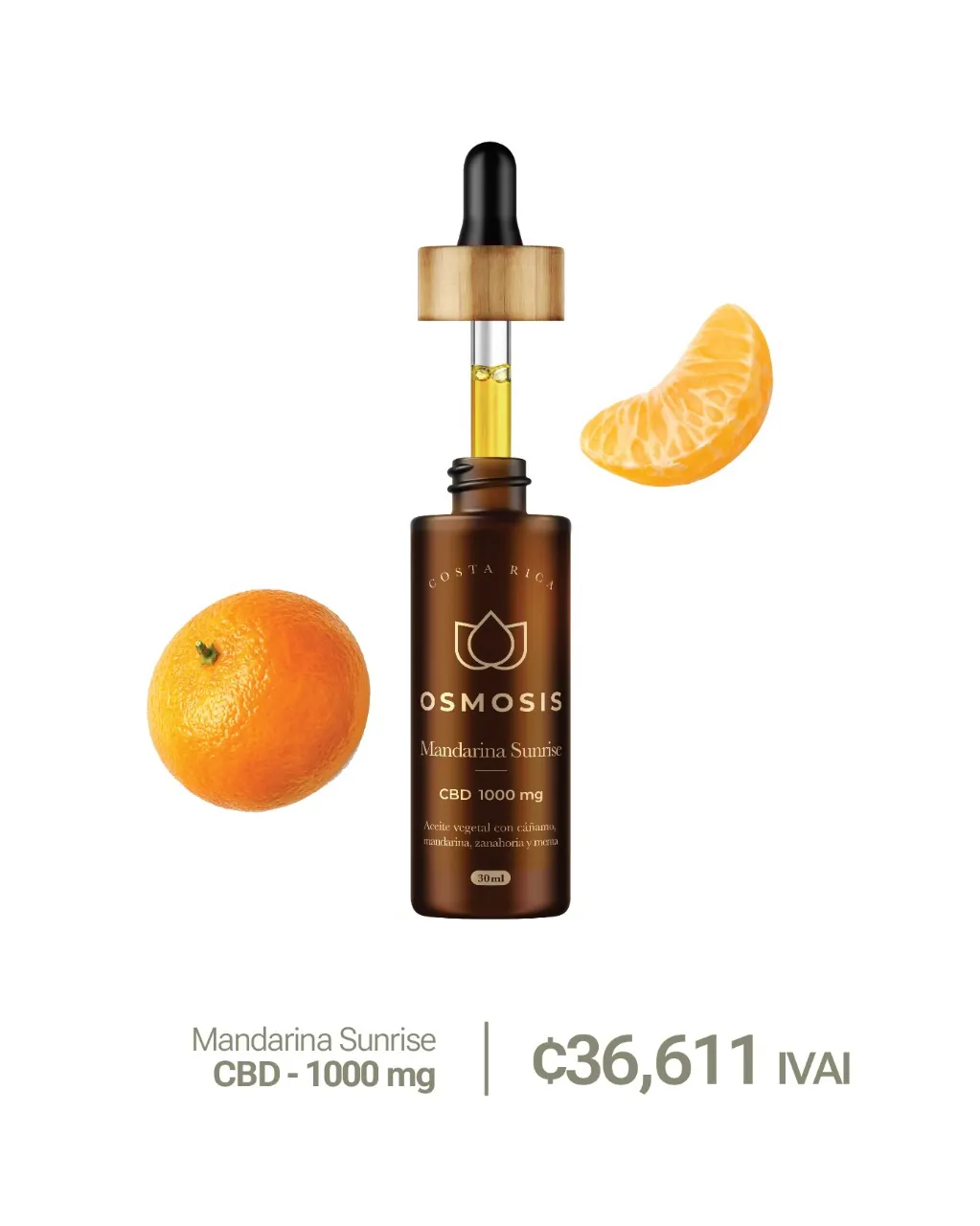Researchers identified cannabidiol, a non-psychoactive component of cannabis, manages to reduce neuronal arousal and epileptic seizures in the condition known as mesial temporal lobe epilepsy.
Experimental evidence has shown that cannabidiol (CBD) induces anxiolytic and antiepileptic effects.
“The objective of this study focused on evaluating the interaction between CBD and 5-HT1A receptors in cell membranes obtained from the hippocampus and the temporal neocortex of autopsies and patients with drug-resistant mesial temporal lobe epilepsy (DR-MTLE). “
The study was conducted to investigate the activation of CBD in G proteins and 5-HT1A receptors. The conclusions reached by the researchers shed light for the understanding of these types of epileptic seizures.
“At low concentrations, the effect of CBD after activation of Gi/o proteins is limited. However, at high concentrations, CBD acts as a reverse agonist of 5-HT1A receptors. This effect could modify neuronal arousal and epileptic seizures in patients with DR-MTLE.”
Read the full study: https://pubmed.ncbi.nlm.nih.gov/33384591/





